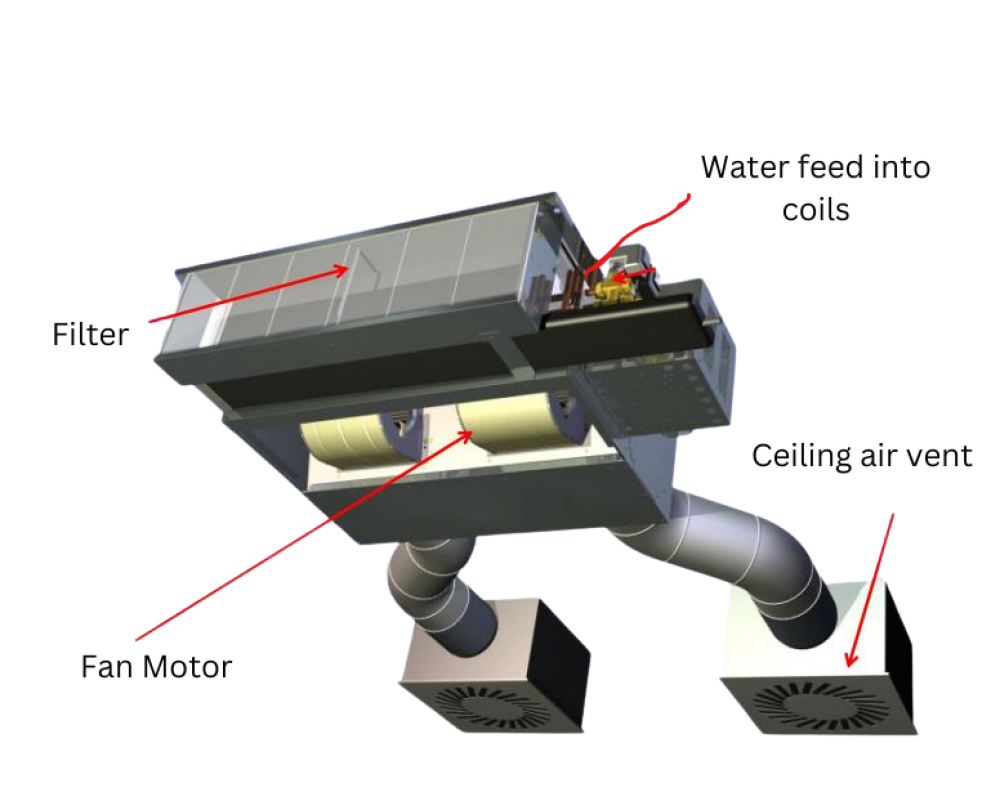
A fan coil unit (FCU) is a simple yet highly effective ventilation system that provides regulated air in homes or commercial buildings.
The system consists of a fan and a coil (hence the fan-coil unit), where conditioned air is produced from the air that blows across the unit, passing through hot and cold pipes, which are usually actuator-controlled thereby heating or cooling spaces in the buildings.
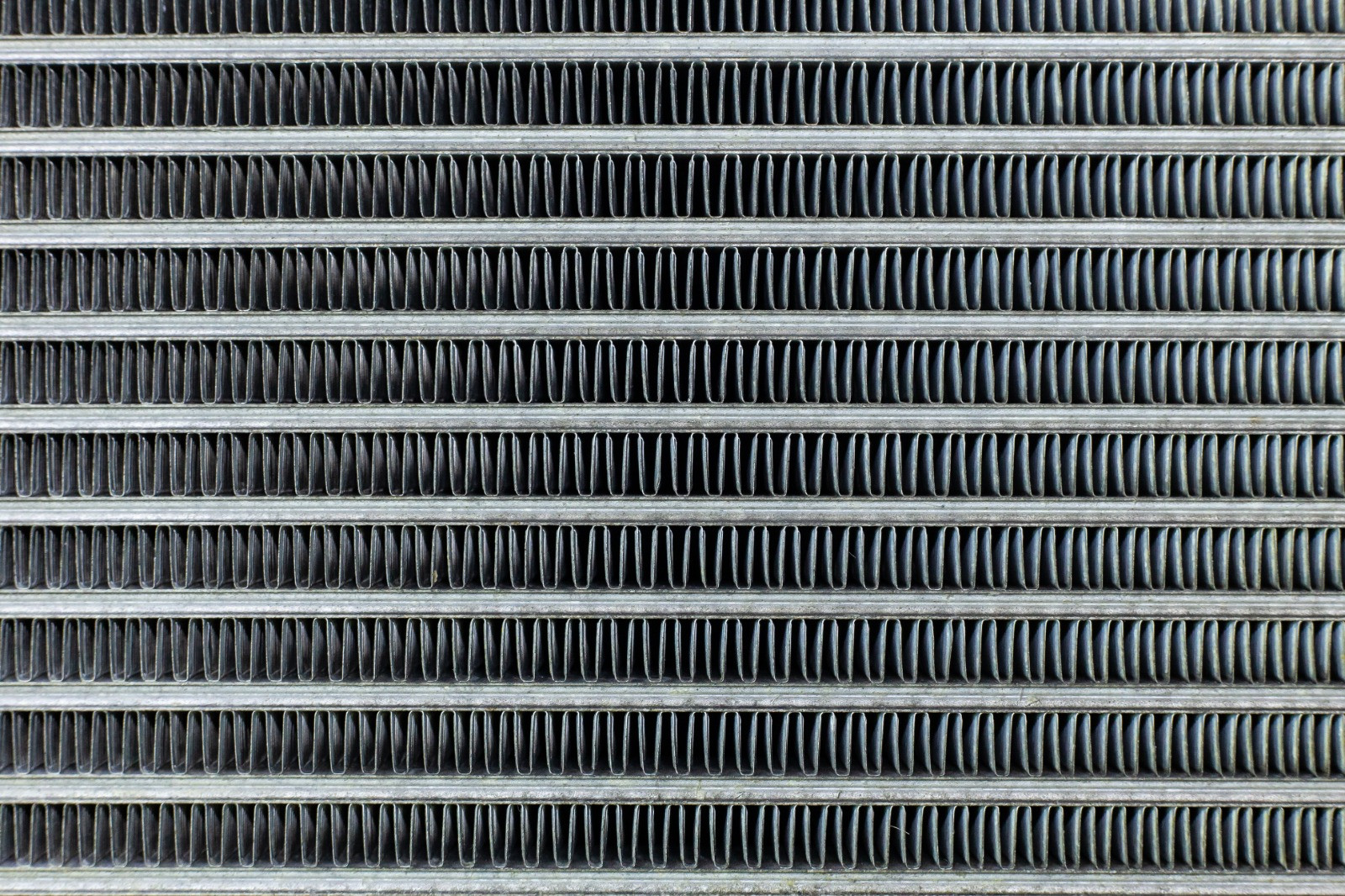
FCUs' advantage is in their compactness which makes them easy to be installed in confined spaces such as ceilings, walls, or floors.
Most FCUs however, are installed above the ceiling, making them ideal, especially for high-rise modern residential buildings where space is at a premium.
The fan attached inside the FCU blows air over the adjacent coil, where chilled or hot water passes to either heat or cool the air before distributing it into the room to help maintain a comfortable indoor temperature.
At the back of the fan coil where the air is drawn into the unit are filters which must be regularly checked and replaced if necessary. Fan coil unit filters in commercial buildings must be cleaned every three to four months in commercial buildings and every 6 months in residential buildings to prevent blockage of the unit which reduces its efficiency.
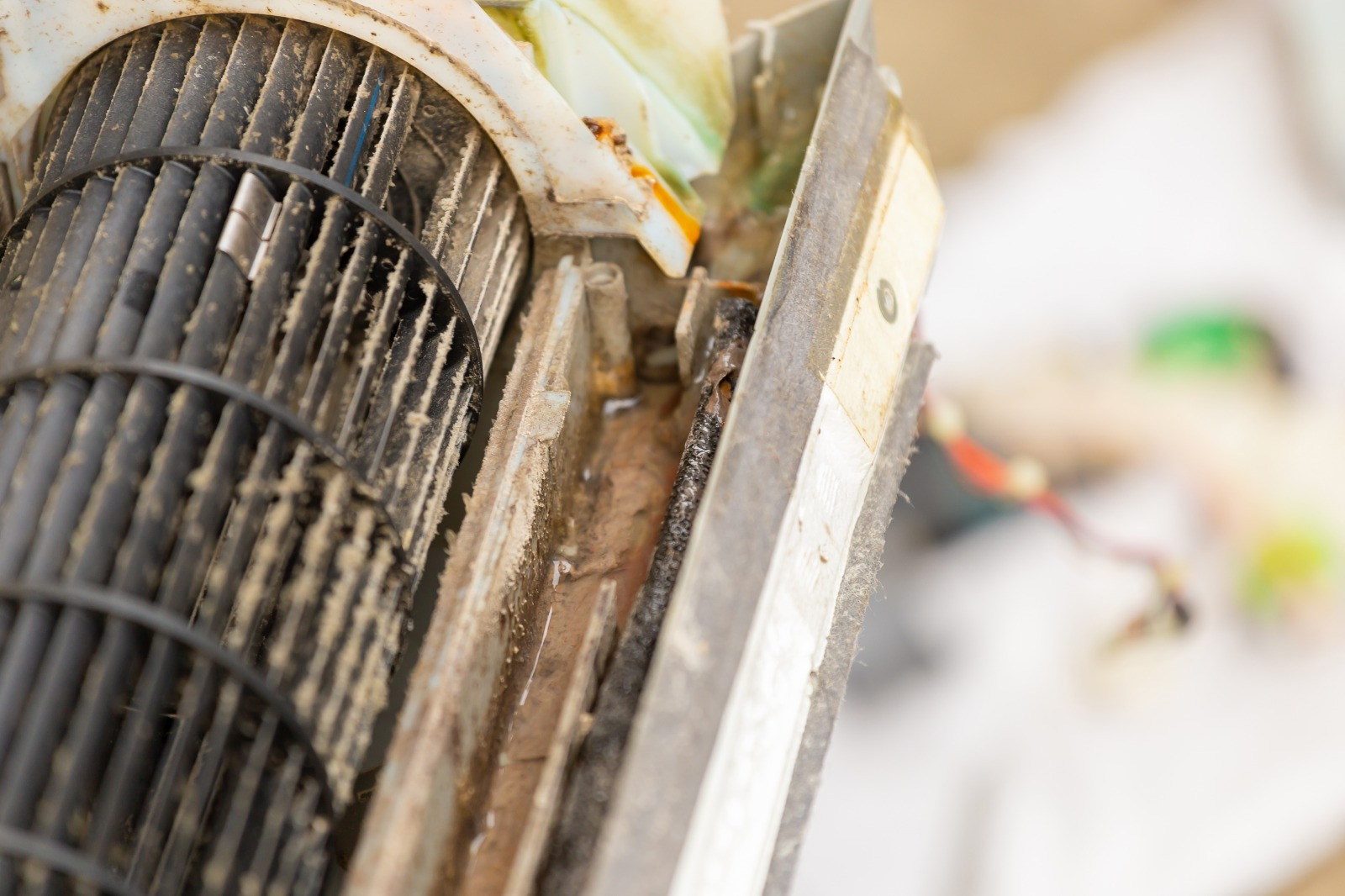
Fan coil units have a lot of advantages as the ventilation option in homes and commercial buildings, and architects and engineers are increasingly integrating FCUs into a building’s design as a result. Some of the benefits are discussed:
FCUs are designed with energy efficiency in mind, where they contribute a lot to reducing the carbon footprint of buildings through lower energy use while ensuring optimal indoor air quality.
They offer localized temperature control for heating or cooling the home which allows occupants to regulate temperatures in individual rooms thereby minimising energy wastage.
Many modern FCUs come equipped with thermostats and user-friendly control panels, allowing occupants to adjust the temperature in their immediate environment according to their personal preferences, thus giving them more freedom to control space temperatures thereby providing them with a higher degree of comfort, unlike the complexity of temperature controls that exist, say in radiator heaters or natural ventilation.
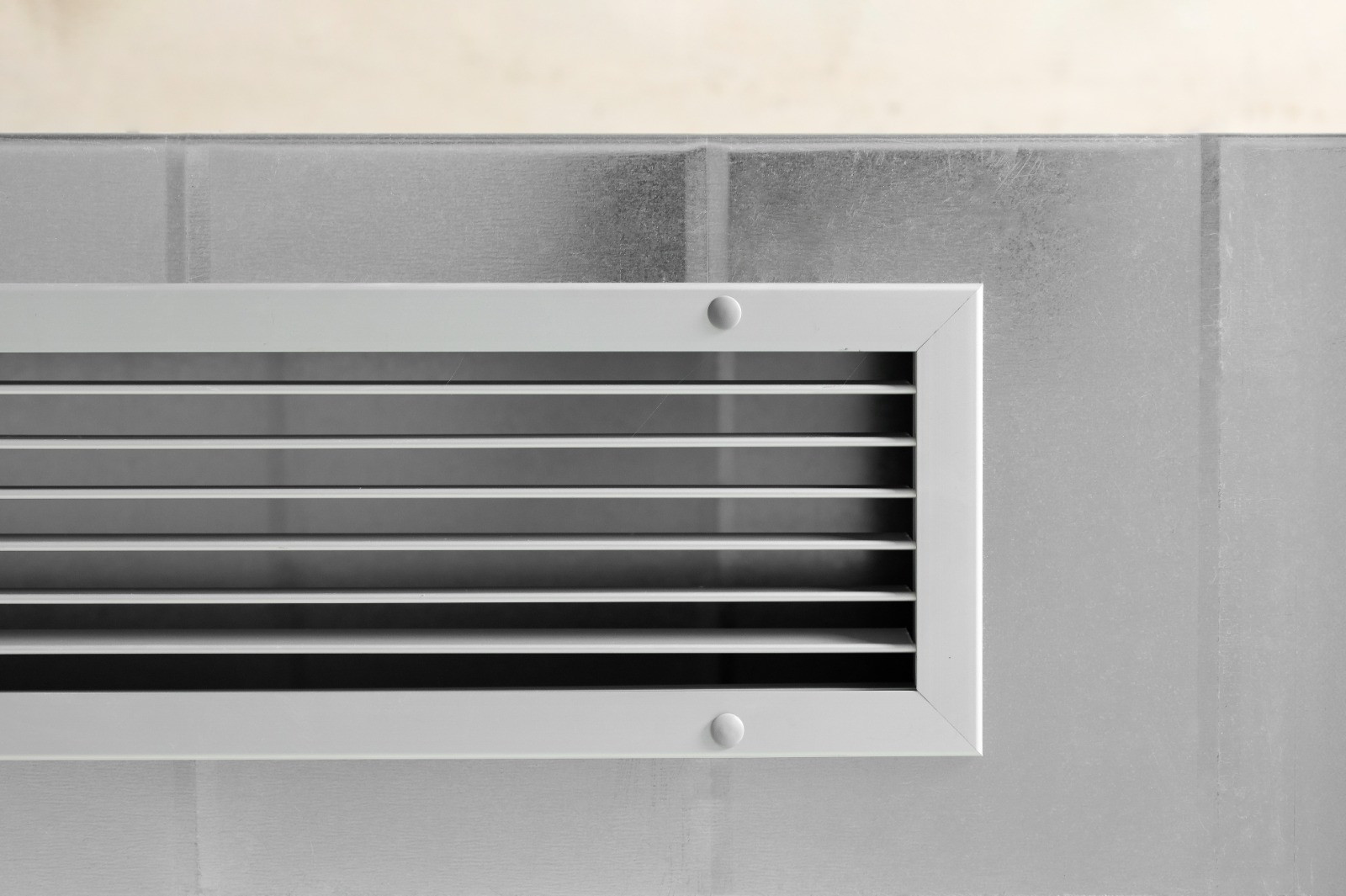
Fan coil units are relatively easy to maintain, once there is access to the area where it is installed. And a well-maintained fan coil unit minimises operational noise, makes it run smoothly and efficiently, thus consuming less energy, and reducing the building's overall carbon footprint.
Common faults that can occur in fan coil unit systems include dirty or clogged filters, blocked or dirty coils, faulty fans or blowers, thermostat or control malfunctions, water leaks, drain blockages, frozen coils, excessive noise, flow problems or different electrical issues.
With regular maintenance, we can ensure that these faults do not develop thus enabling units to operate at peak efficiency and to assure improved indoor air quality.
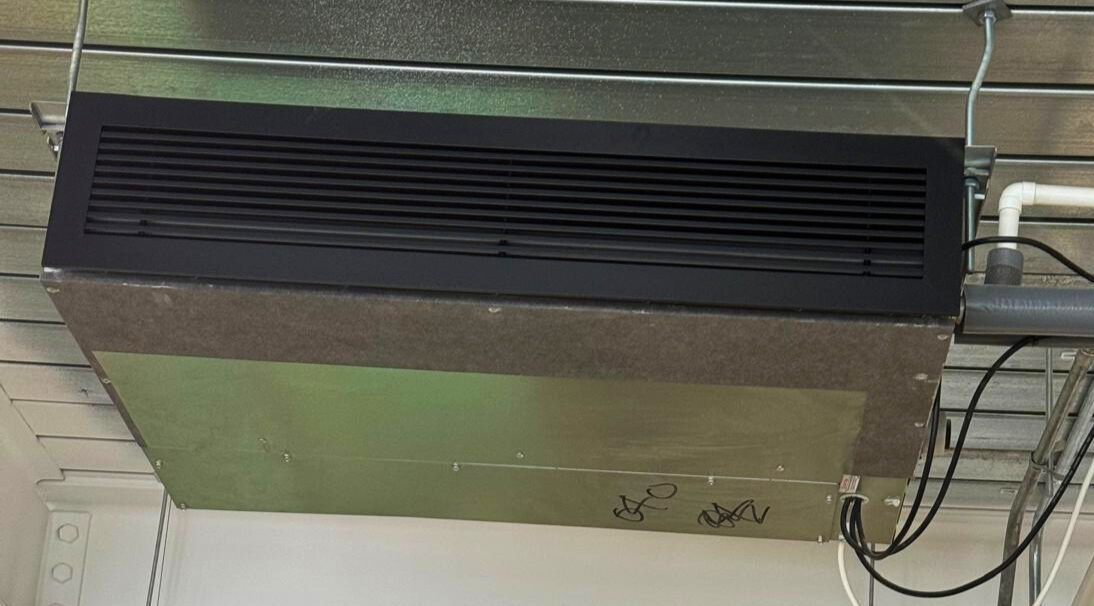
Addressing small faults early can prevent costly repairs or the need for premature replacement.
Routine fan coil unit maintenance typically involves simple tasks like cleaning filters, checking water connections, and ensuring the fans are functioning properly.
Fan coil unit filters must be cleaned (or replaced) every three to four months in commercial buildings because a busy office can generate lots of dust in the office. And often most of these dusts are made up of dead skin shed by the office occupants.
When fan coil unit filters are not cleaned, hot and cold air are dragged through dead skins, which doesn't sound very nice, as these might be contaminated with germs, bacteria, or viruses. So, cleaning or changing the filters is very important in office buildings.
Well-maintained FCUs improve occupant productivity and well-being, especially in commercial or office spaces where comfort is essential.
Building managers often narrow everything down to money but if fan coil units are not maintained and filters are not cleaned, they can spread airborne pollutants, increase allergens and affect occupants' health thus causing more lost hours from staff due to sicknesses or they don't work effectively due to filter blockages.
While fan coil units are traditionally installed in places like commercial and office buildings, hotels and healthcare facilities, they are increasingly becoming preferable ventilation choices among designers in modern residential buildings due to their, cost-effectiveness, efficiency and effectiveness in ensuring occupant comfort.
However, a major challenge often encountered during maintenance or repair is that engineers take twice as much time trying to gain access than the maintenance or repair itself.
This is because, in many modern domestic buildings, most FCUs are sealed up in the ceiling during installation and without sufficient consideration for potential maintenance, repairs or replacement.
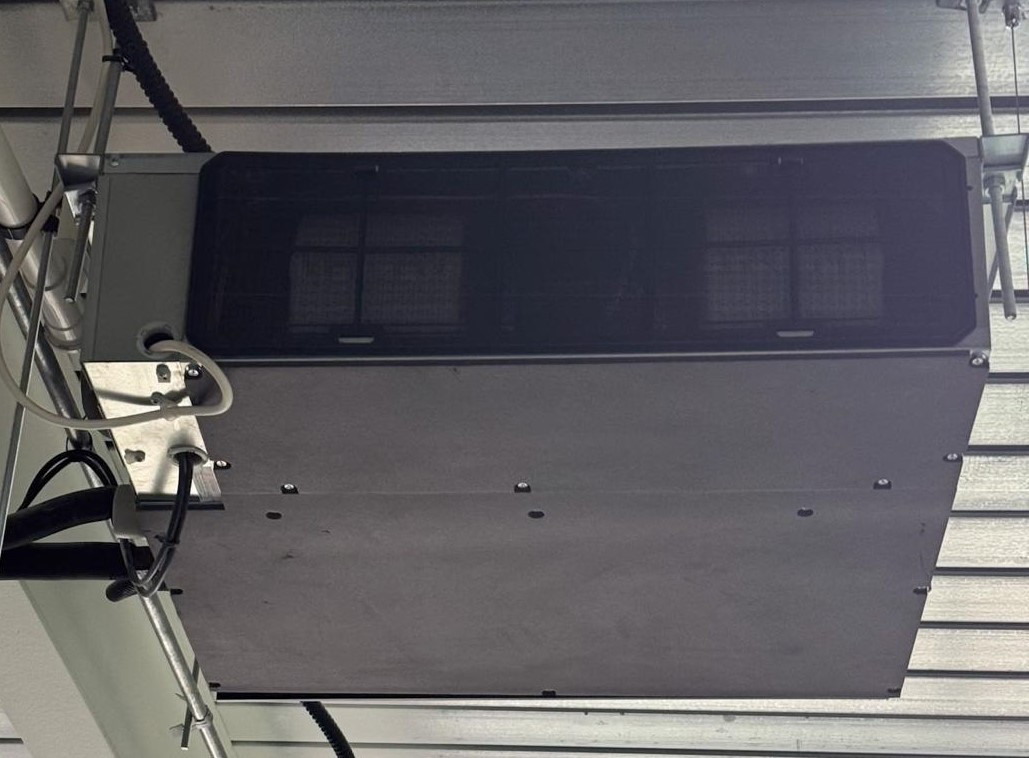
If this challenge is not an issue in residential homes, there should not be any hindrance in calling out for regular checks and maintenance on fan coil units at least every 6 months in residential buildings.
Regular maintenance ensures that dirty filters are cleaned, leaks are checked, electrical issues are identified and worn-out components are tightened to prevent system breakdowns, increase the unit’s ability to transfer heat, and reduce the overall energy usage of the home.